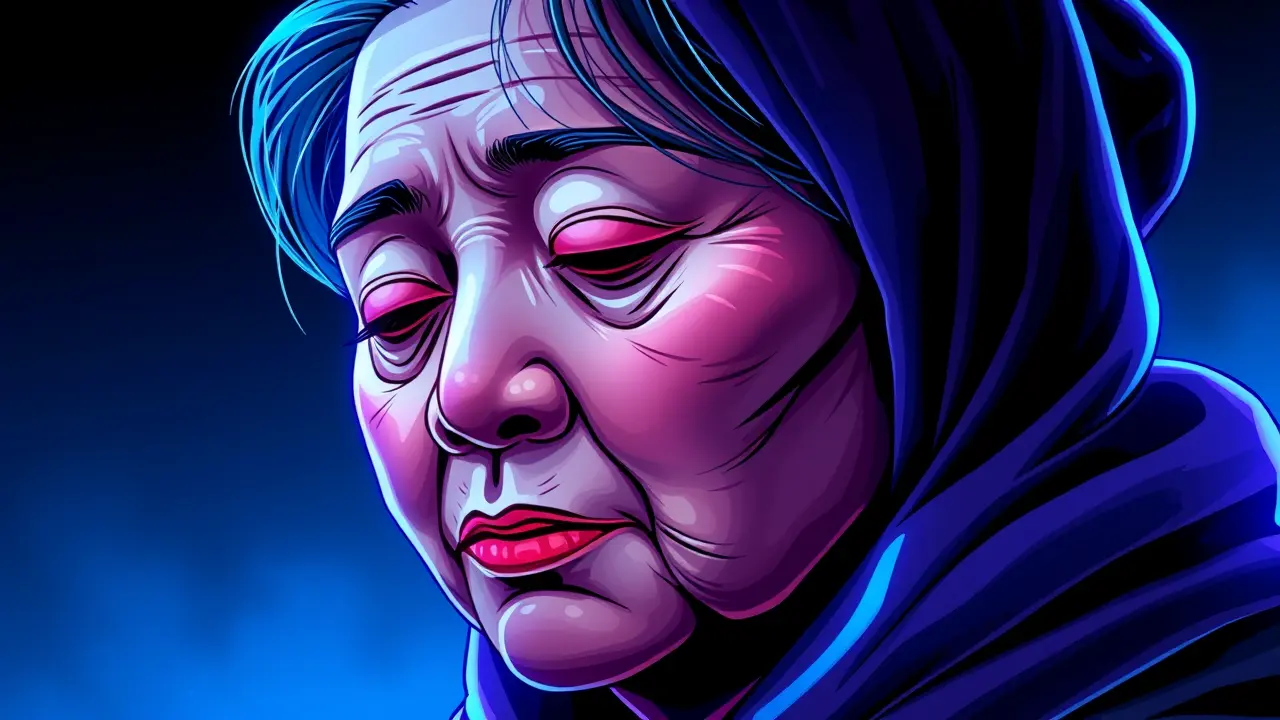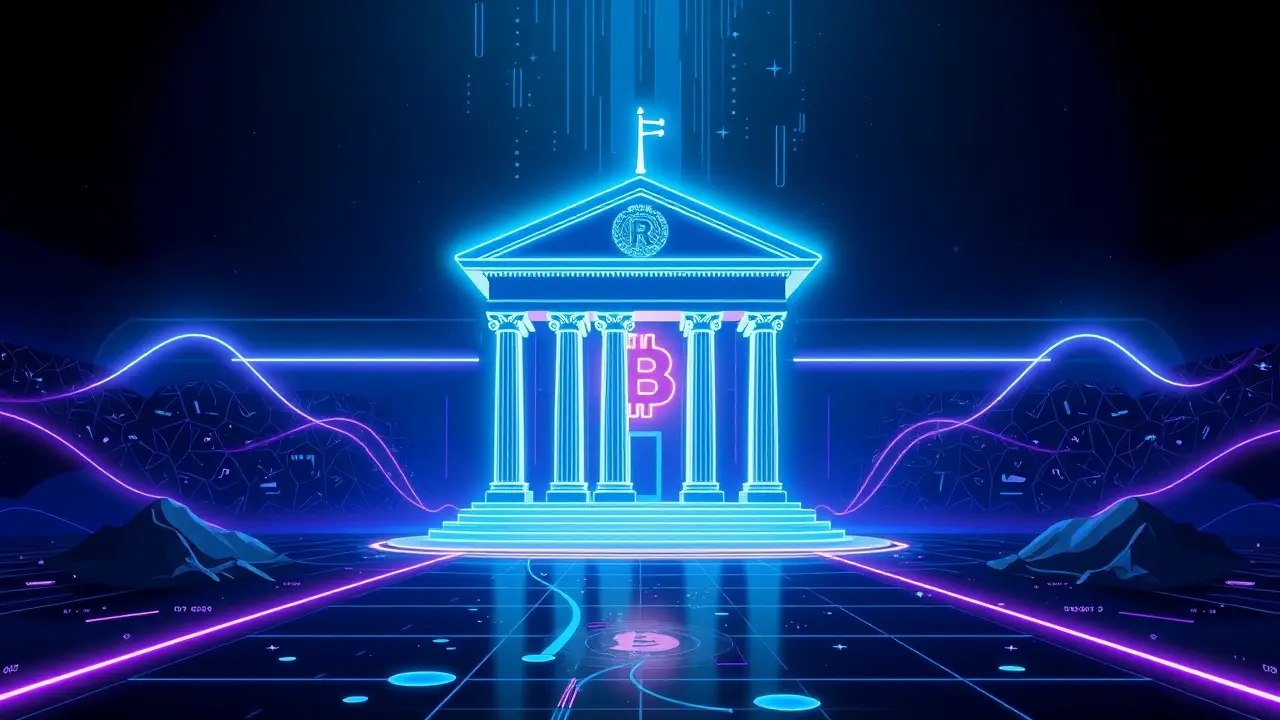
OthereducationEdTech Innovations
Uzbekistan Announces Education and AI Plans at UNESCO Conference
MI
Michael Ross
3 days ago7 min read
In a move that signals a profound strategic pivot for the Central Asian nation, Uzbekistan has unveiled ambitious national blueprints for educational reform and artificial intelligence development during a landmark UNESCO conference in Samarkand, a moment UNESCO Director-General Audrey Azoulay fittingly labeled 'historic' for a city long celebrated in literature as one of the world's most luminous cultural crossroads. This announcement, however, is far more than a simple policy declaration; it is a deliberate and calculated maneuver to position Uzbekistan at the nexus of the Fourth Industrial Revolution, echoing the transformative journeys of nations like Estonia and South Korea while navigating the complex ethical landscape famously prefigured by Isaac Asimov’s Three Laws of Robotics.The core of Uzbekistan’s strategy appears to be a symbiotic fusion, where AI is not merely an add-on but the central nervous system of a completely overhauled education system—imagine AI-driven personalized learning platforms supplanting Soviet-era rote memorization, with algorithms tailored to identify and nurture student aptitudes from a young age, thereby creating a homegrown pipeline for the very engineers and data scientists needed to sustain this technological ambition. Yet, as with any great leap forward, the risks are as monumental as the opportunities.The specter of algorithmic bias looms large; an AI trained primarily on Western datasets could inadvertently erase the rich, nuanced cultural heritage of the Silk Road, homogenizing Uzbek thought in the name of progress. Furthermore, the nation’s foundational infrastructure—from reliable electricity grids to high-speed internet connectivity in rural areas—must be robust enough to support such a data-intensive future, a challenge that has stymied similar initiatives in other developing economies.The geopolitical implications are equally significant. By partnering with UNESCO, Uzbekistan is skillfully leveraging soft power, framing its technological ascent within a narrative of global cultural preservation and international cooperation, a stark contrast to the more insular, state-controlled AI models emerging from China or the corporate-dominated ecosystems of the United States.This positions Uzbekistan not just as a participant, but as a potential broker and test case for a new, human-centric model of AI governance. The plan also raises urgent questions about workforce displacement; as AI automates tasks, what becomes of the current generation of workers? The government’s silence on detailed reskilling programs is a critical oversight that could ferment social unrest if not addressed with the same vigor as the technological rollout itself.Ultimately, Uzbekistan’s gambit is a grand experiment in nation-building, a attempt to vault from a post-Soviet legacy into a AI-augmented future. Its success or failure will provide a crucial case study for the world, demonstrating whether it is possible to harness the immense power of artificial intelligence for public good without sacrificing the human spirit on the altar of efficiency, all while ensuring that the luminous crossroads of Samarkand become a beacon for a new, ethically-conscious digital renaissance.
#UNESCO
#Samarkand
#education initiatives
#AI development
#global conference
#cultural crossroads
#featured
Stay Informed. Act Smarter.
Get weekly highlights, major headlines, and expert insights — then put your knowledge to work in our live prediction markets.
Related News
© 2025 Outpoll Service LTD. All rights reserved.












